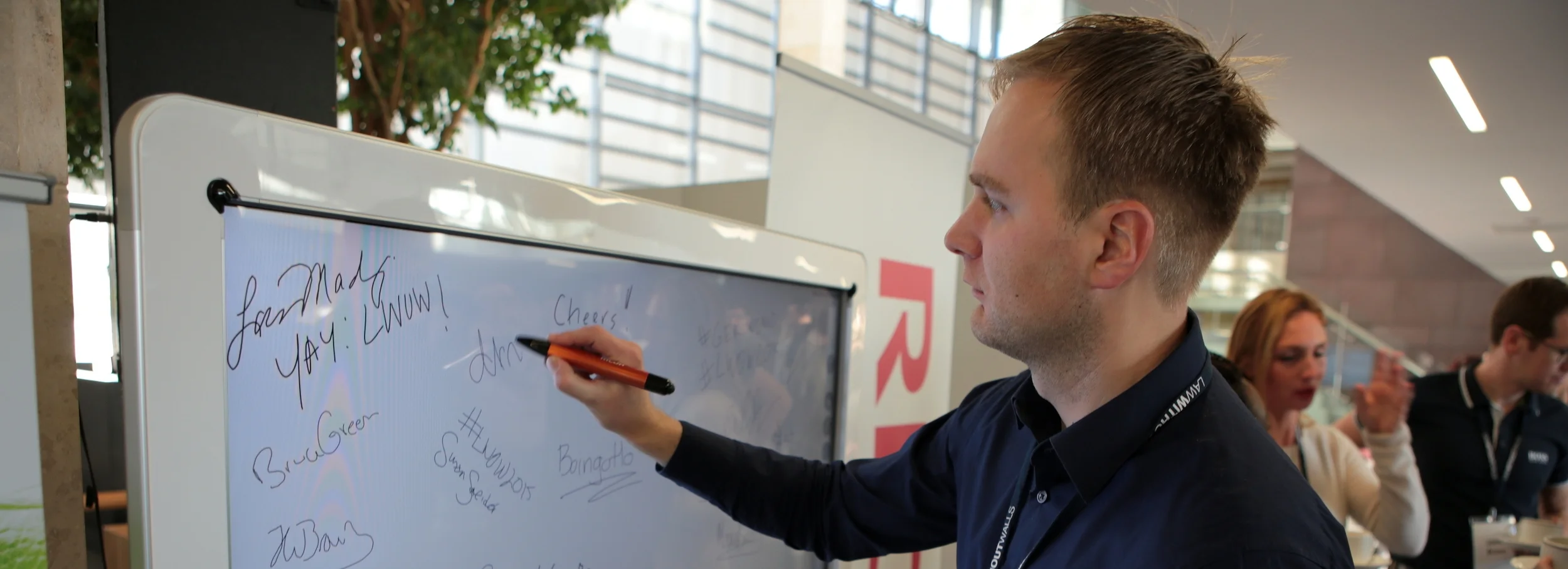Impetus
Over the past decade, a series of corporate scandals have spanned a range of industries. These scandals have stemmed from ineffective internal controls corporate governance, and risk management. As a result, corporate criminal liability rules, sentencing guidelines, and settlement incentives have changed, emphasizing the importance of compliance programs, policies, and procedures. Further, economic pressures, technological advances, and globalization have dramatically reshaped the market in which large corporations work.
The demand for organizations that can adapt quickly and embrace change internally is rising. The need for a strong culture of ethics and compliance that runs throughout an organization has never been higher. In response, corporations have buttressed their compliance and ethics programs—in some cases, hiring a chief compliance officer and undergoing reorganization to ensure that the compliance function is not only completely separate and independent from the legal function, but also has direct access to the corporation’s board of directors. A similar trend is beginning to emerge in law firms and in large non-profit organizations (like universities) and governmental entities (such as the SEC).
These transitions, along with the current regulatory environment and corporate structure, raise questions about the compliance function within and outside the United States. What purpose does and should it serve? Should the compliance function be within or outside the purview of the legal department? Who should fill the role of compliance officer? To whom should the compliance department report? What role should a compliance officer play? What training and skills should a compliance officer have?
This new, heavily regulated, and global marketplace calls for innovative models of training and interaction including usage of different technologies and more permeable relationships to communicate, collaborate, and promote ethical leadership of organizations that are compliant with both the letter and the spirit of the law.
LWOW X Compliance grew out of the successful all-virtual pilot program, Compliance E-lliance, developed by Professors Hendrik Schneider, David Abraham, and Rick Williamson in which students, professors, and compliance officers from Germany and the United States connected virtually via Skype. Students from the University of Leipzig and the University of Miami School of Law were paired up to write papers that compared compliance issues in Germany and the United States. Based on the success of the Compliance E-lliance pilot, the team, along with Michele DeStefano, created LWOW X Compliance.

